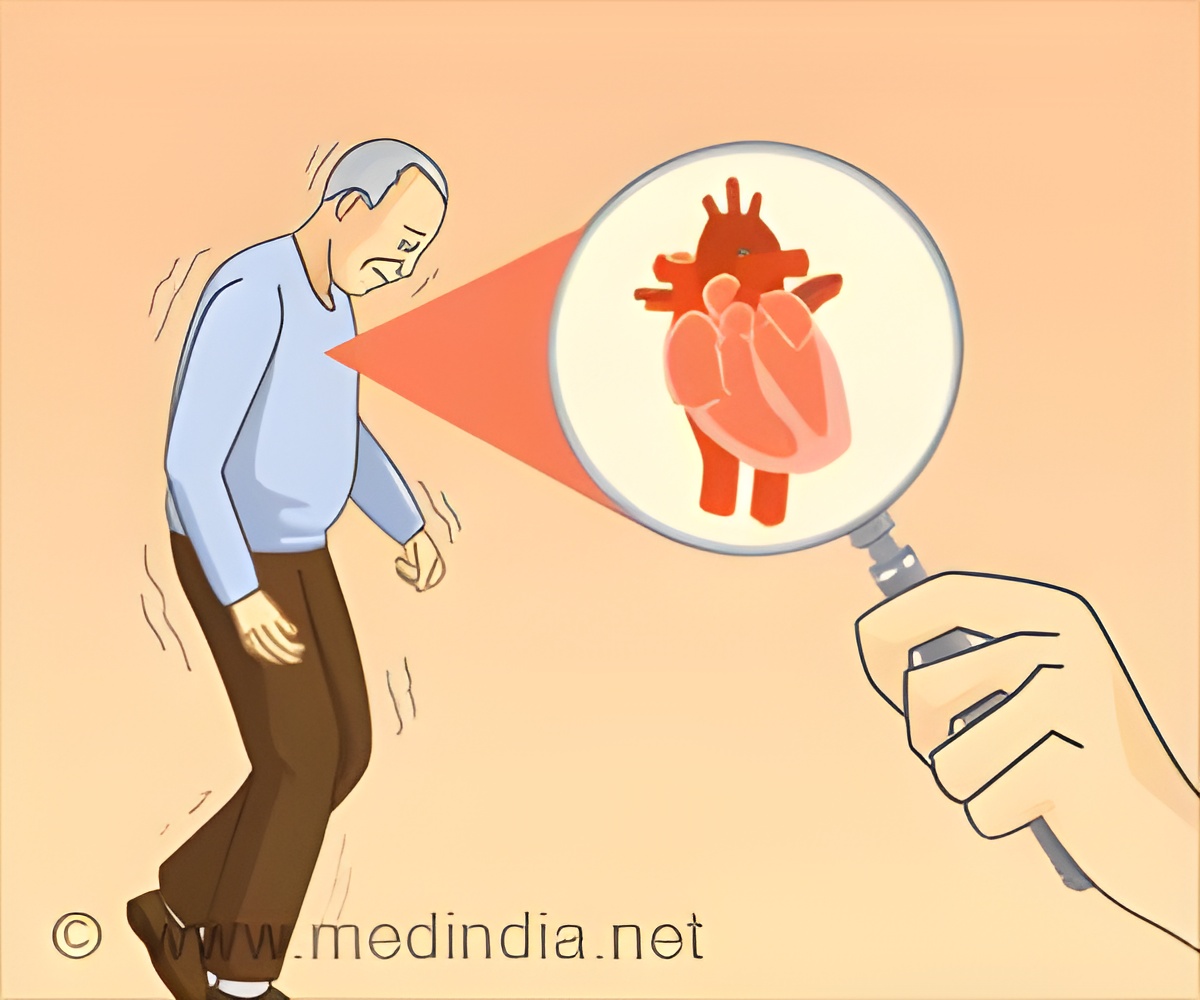
‘Signs which may not be spotted or filtered by human eyes can be done with the help of this technology, so if the algorithm observes that your arteries are inflamed now, it will be able to tell when the narrowing of the artery will take place or how severe it could be. This, in turn, can help the naive patient start preventive measures and avoid this formation of the plaques.’
Read More..Tweet it Now
New technology with the help of an algorithm will now be able to predict heart attack years before it happens, finds a new study. Researchers at Oxford University and institutions in Germany and the United States have been able to predict the heart attack risk early by analyzing images from CT scans using algorithms, to examine the fat surrounding coronary arteries as it shows up on the scans.Read More..
Previous studies have stated that the fat in the artery gets altered when there is an inflammation, which is again a telltale sign of heart attack. It has been found to increase the risk of heart attack by 30%.
“If you are able to identify inflammation in the arteries of the heart then you can say which arteries … will cause heart attacks,” said Charalambos Antoniades, Oxford Professor of Cardiovascular Medicine to Reuters.
Currently, CT scans are only taken upon doctor’s suspicion, and sometimes even that can be too late as the artery might have already become narrow by then. But with the new technology, researchers believe that the doctors will now be able to say which arteries are at a greater risk of narrowing and this exactly may help predict a heart attack before it happens.
“We can say …your arteries are inflamed, and a narrowing will be developed five years down the line. So maybe you can start preventive measures to avoid this formation of the plaques,” said Antoniades.
Advertisement














